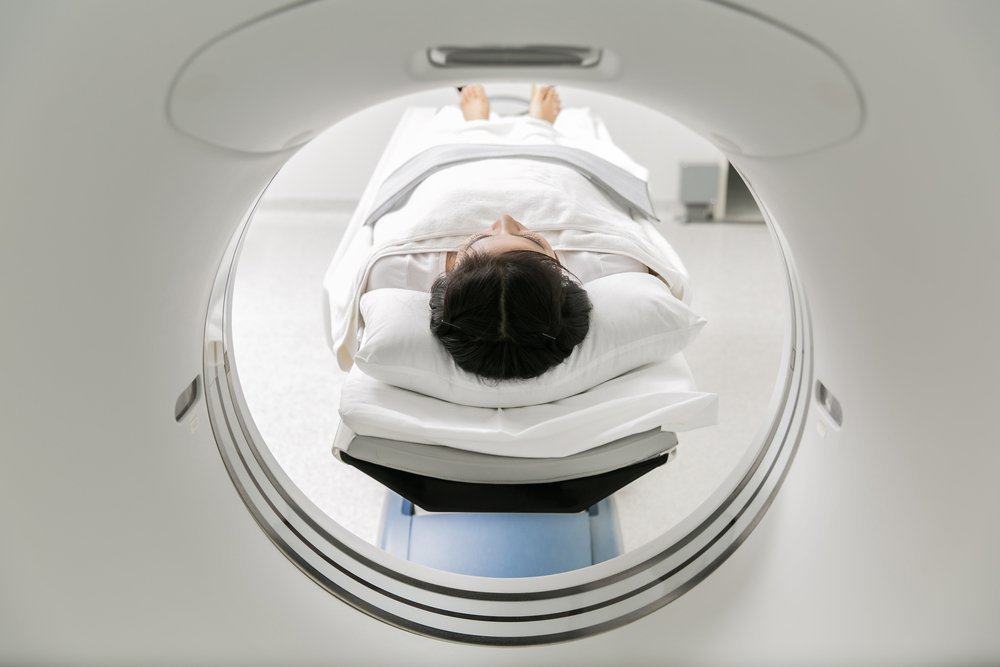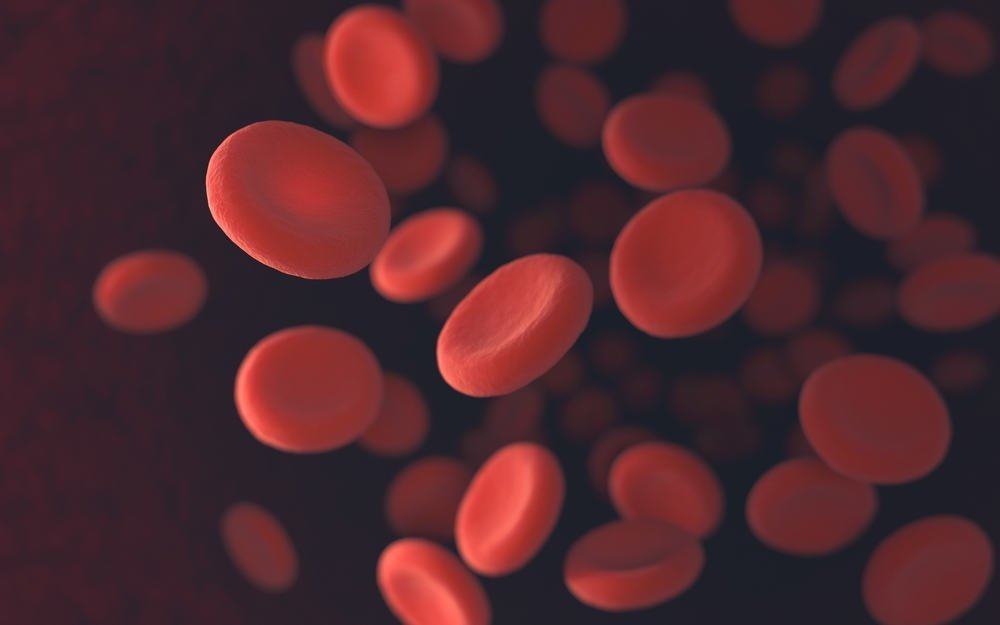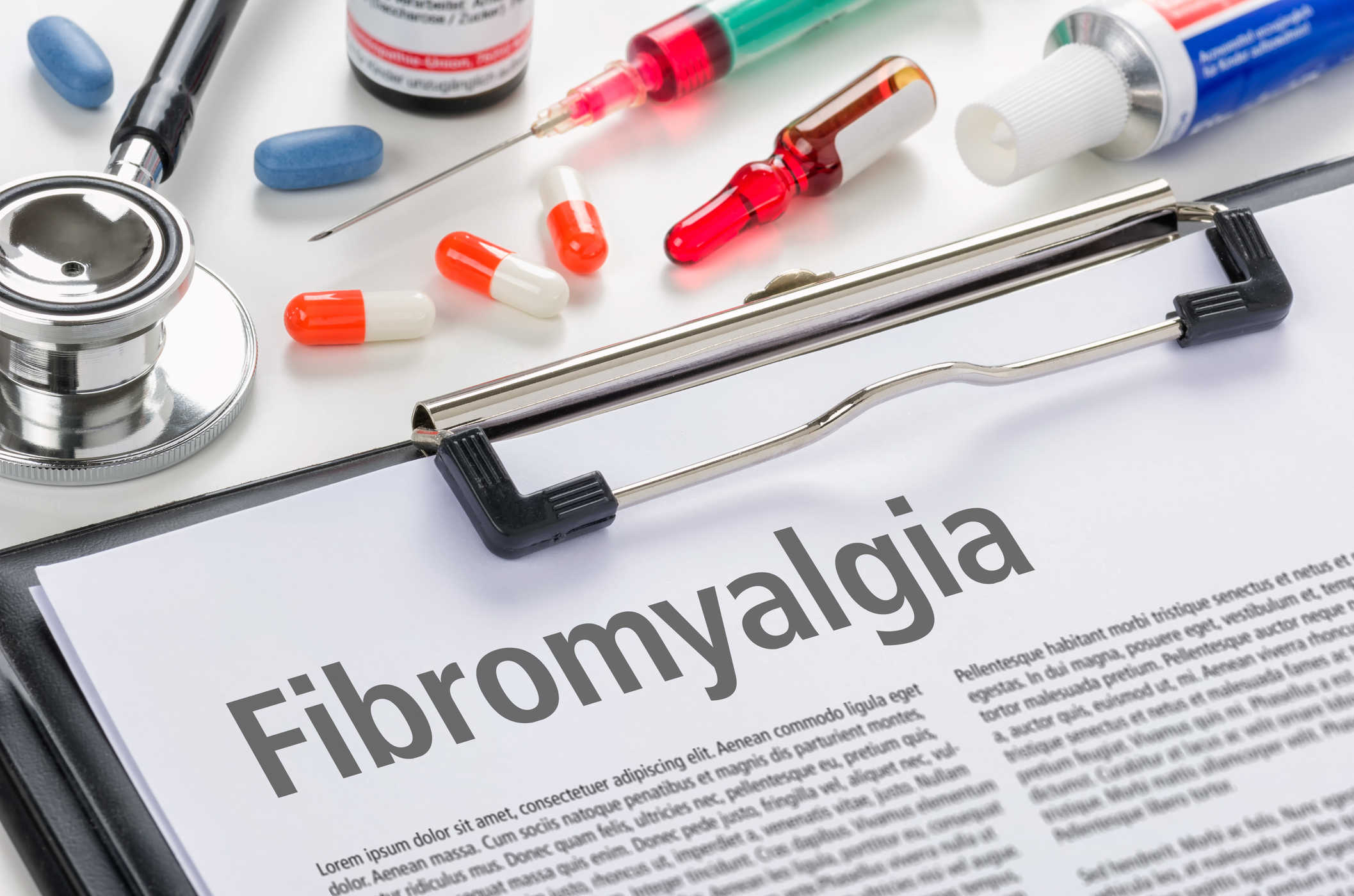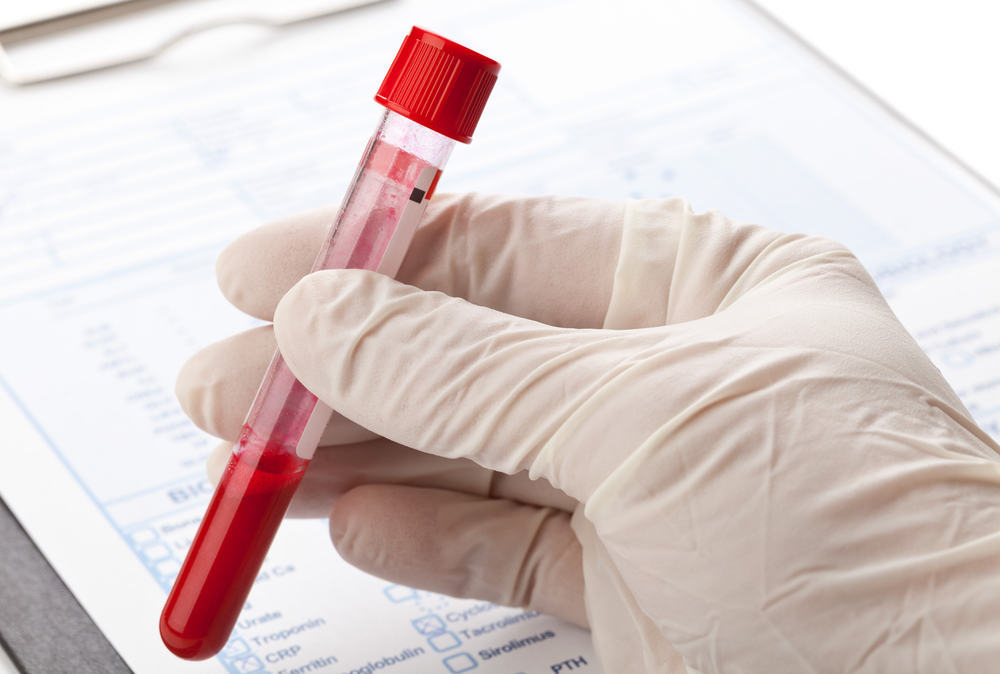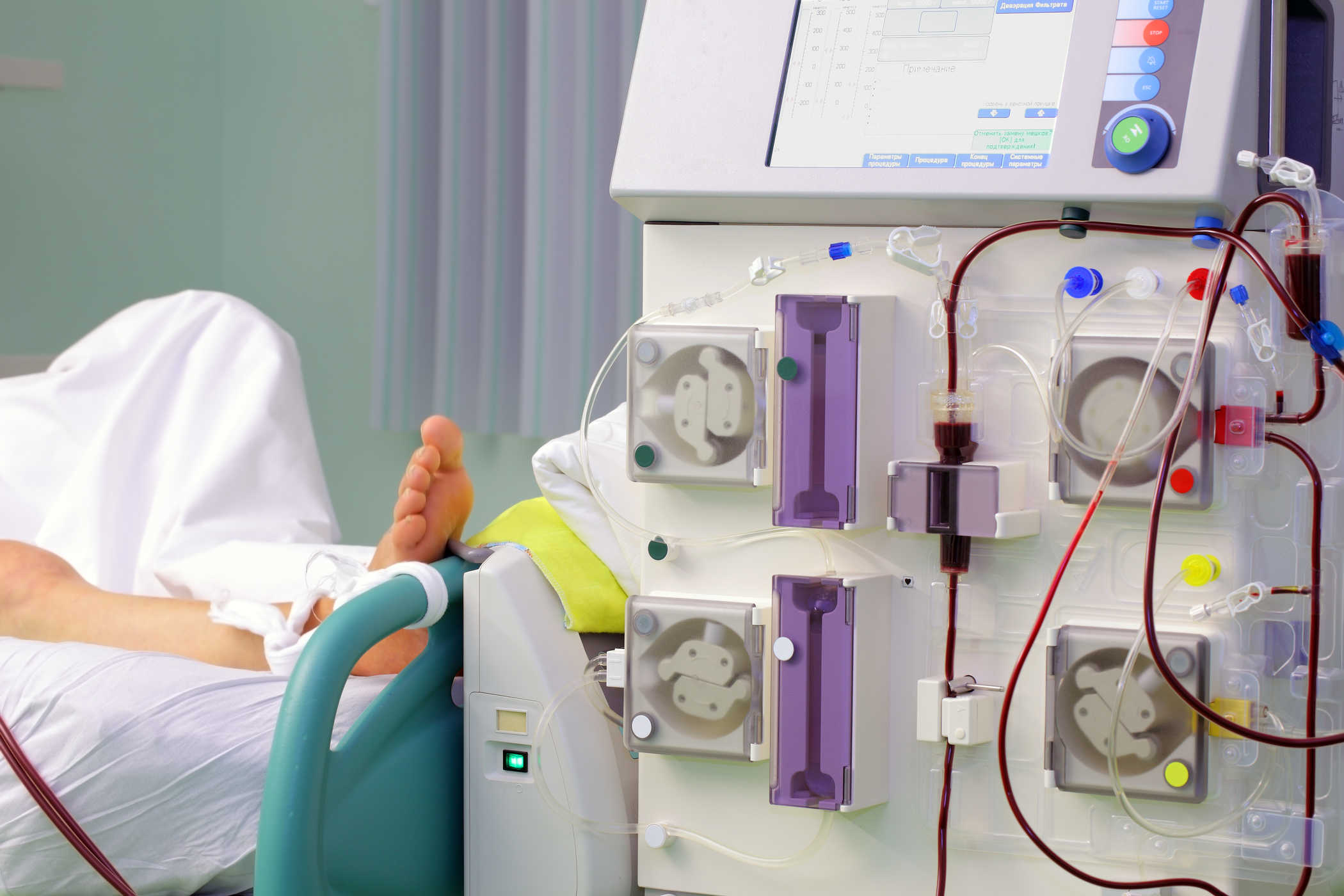Contents:
- Medical Video: Colorectal Cancer Screening
- A variety of diagnostic tests for colon cancer are commonly performed by doctors
- 1. Colonoscopy
- 2. Biopsy
- 3. Test tumor molecules
- 4. Blood test
- 5. CT scan or CAT scan)
- 6. MRI
- 7. Ultrasound
- 8. Chest X-ray
- 9. PET scan
Medical Video: Colorectal Cancer Screening
When you are aware of abdominal pain, endless diarrhea or constipation, or a drastic change in the color of stool, you should consult your health with a doctor. This is likely a symptom of colon cancer. There are several tests that your doctor might make to determine the diagnosis of colon cancer if he suspects it. Here's the review.
A variety of diagnostic tests for colon cancer are commonly performed by doctors
Doctors use many tests to diagnose cancer opportunities and to find out if cancer has spread to other parts of the body (metastasis). Some tests can also determine which colon cancer treatment might be the most effective for your case.
Doctors can consider the following factors when choosing a colon cancer diagnosis test:
- Age and medical conditions
- Suspected type of cancer
- Signs and symptoms
- Previous test results
The doctor will also ask about your personal and family medical history.
1. Colonoscopy
A colonoscopy allows the doctor to see the entire inside of the rectum and large intestine when the patient is anesthetized. If cancer of the large intestine is found, a complete diagnosis that accurately describes the location and spread of cancer is not possible before the tumor is removed surgically.
2. Biopsy
A biopsy is the removal of a small portion of the tissue to be examined with a microscope. Other tests can suggest that cancer is found, but only biopsies can make a definite diagnosis of colon cancer.
Samples taken in a biopsy are then analyzed by a pathologist. He will evaluate cells, tissues, and organs in laboratory tests to determine the diagnosis of colon cancer. A biopsy can be done during a colonoscopy, or it can be done on tissue removed during surgery. Sometimes, a CT scan or ultrasound is used to help run a needle biopsy. A needle biopsy removes tissue through the skin with a needle directed into the tumor.
If a biopsy is not possible, the doctor can recommend other tests that will help shape the diagnosis.
3. Test tumor molecules
Doctors can recommend doing laboratory tests on tumor samples to identify specific genes, proteins, and other unique factors in the tumor. The results of this test will help determine whether your treatment options include one type of treatment called targeted therapy.
4. Blood test
Colon cancer often causes rectal bleeding, so people with this disease can experience anemia. Tests for red blood cell counts, which are part of a complete blood count (CBC), can indicate the possibility of bleeding.
Other blood tests detect the level of protein called carcinoembryonic antigen (CEA). High levels of CEA can indicate that the cancer has spread to other parts of the body. CEA is not an absolute test for colorectal cancer because its level is high in only 60% of people with colorectal cancer that has spread to other organs of the large intestine. In addition, other medical conditions can cause an increase in CEA. The CEA test is most often used to monitor colorectal cancer in patients who have undergone treatment, and not just a screening test.
5. CT scan or CAT scan)
CT scans create a three-dimensional image of the inside of the body with an x-ray machine. Then, the computer combines this collection of images into detailed cross-sectional images showing abnormalities or tumors. CT scans can also be used to assess tumor size. Sometimes, special dyes called contrast medium will be given before the scan is carried out to produce a more detailed image. These dyes can be injected into the patient's vein or given in pill form to swallow. In patients with colon cancer, a CT scan can check the spread of cancer in the lungs, liver and other organs, and is most often done before surgery.
6. MRI
MRI uses magnetic fields, not x-rays, to produce detailed body images. MRI can also be used to assess tumor size. Special dyes called contrast medium will be given before the scan is carried out to produce more detailed images. These dyes can be injected into the patient's vein or given in pill form to swallow. MRI is the best imaging test to find the location of colorectal cancer growth.
7. Ultrasound
Ultrasound is a procedure that uses sound waves to produce images of internal organs to find out if the cancer has spread. Endorectal ultrasound is commonly used to find out how much rectal cancer has grown and can be used to help design treatment. However, this test cannot detect cancer that has spread to the closest lymph nodes, or out of the pelvis, accurately. Ultrasound can also be used to look at the liver, even though a CT scan or MRI (see above) is preferred because it is better at finding tumors in the liver.
8. Chest X-ray
X-rays or X-rays are a way to produce images of the composition of the body, using small amounts of radiation. Chest X-rays can help doctors find out if cancer has spread to the lungs.
9. PET scan
PET scans are a way to produce images of organs and tissues in the body. A small amount of radioactive sugar is injected into the patient's body, and this sugar will be used by cells that use the most energy. Because cancer tends to actively use energy, cancer absorbs more radioactive substances. Then, the scanner detects this substance to produce images of the inside of the body. After the diagnostic test is complete, the doctor will review all the results with you. If the diagnosis is cancer, these results also help the doctor explain the cancer, and this stage is called staging.
Various imaging tests above can (PET scans, MRIs, chest x-rays, ultrasounds, and CT scans) are used to find out whether the cancer has spread.
Hello Health Group does not provide medical advice, diagnosis or treatment.

